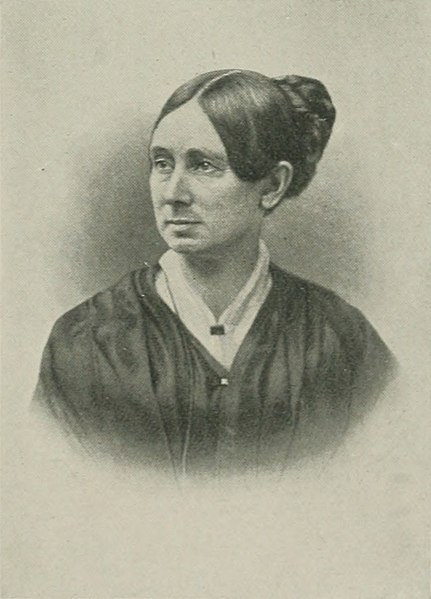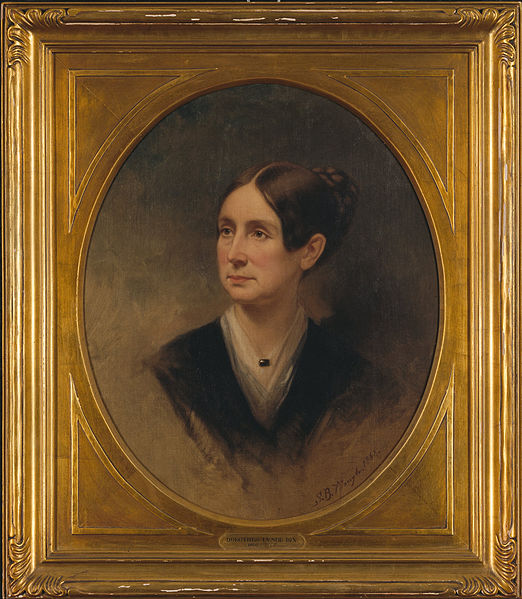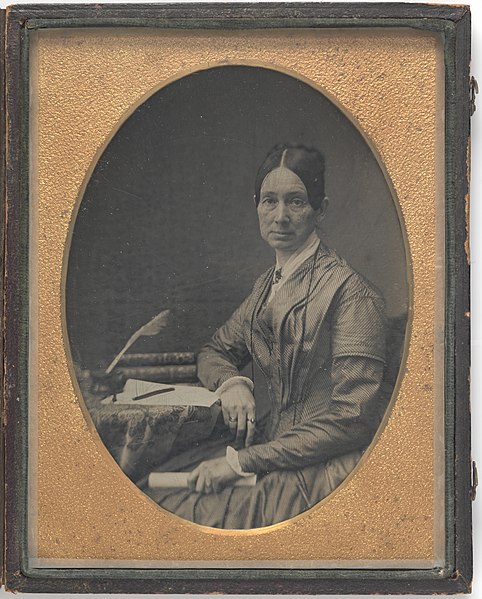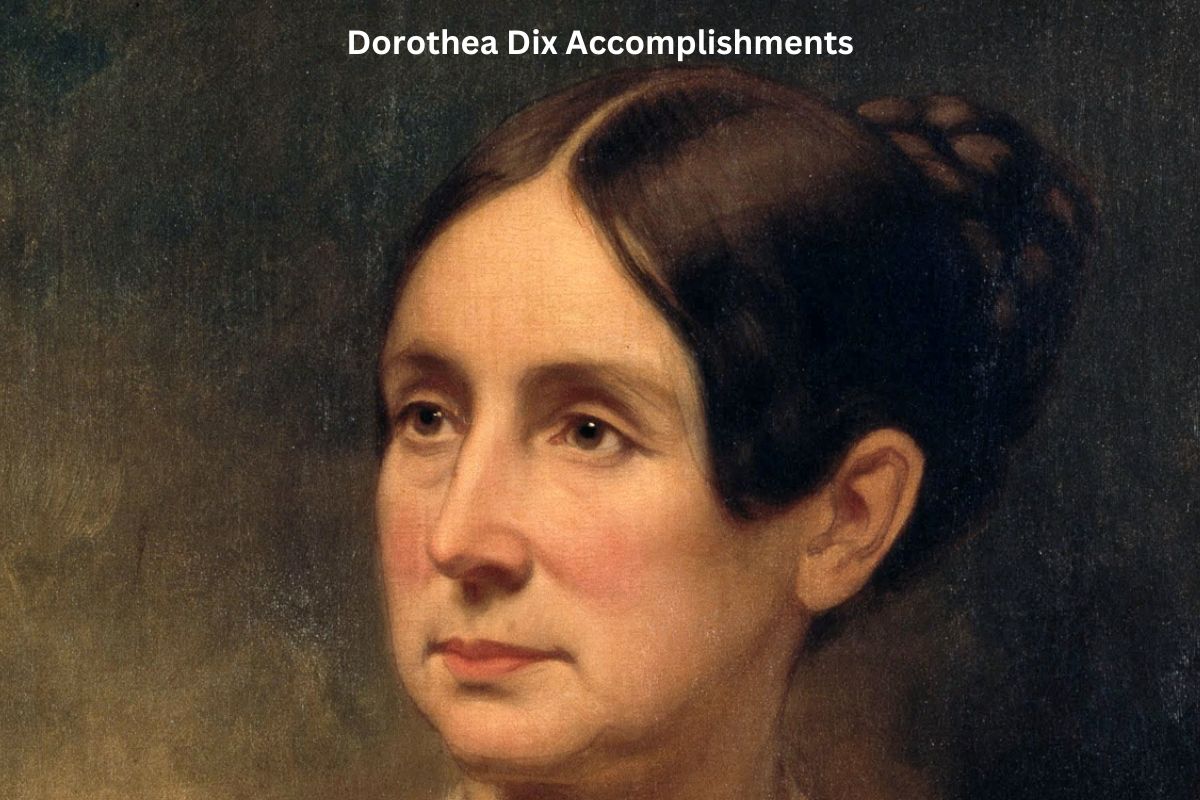Dorothea Dix (1802-1887) was a remarkable 19th-century American activist and reformer whose work spanned multiple humanitarian causes.
Her enduring legacy is rooted in her relentless advocacy for improved mental health care, the establishment of mental health institutions, and her significant contributions to nursing and the welfare of marginalized populations.
Dix’s dedication to social reform, philanthropy, and the promotion of humanitarian values left an indelible mark on American society and beyond. In this overview, we will delve into her life and the many accomplishments that define her enduring impact on history.
Accomplishments of Dorothea Dix
1. Advocacy for mental health care reform
Dorothea Dix dedicated a significant portion of her life to advocating for improved mental health care in the 19th century. She was deeply concerned about the deplorable conditions in which mentally ill individuals were housed in prisons and almshouses.
Dix conducted extensive research and compiled reports documenting the appalling treatment of those with mental illnesses.
Also Read: Facts About Dorothea Dix
Her advocacy efforts were instrumental in raising public awareness and convincing state legislatures and the federal government to address this issue.
Dix passionately argued for the establishment of state-funded, humane mental asylums where individuals with mental illnesses could receive proper care and treatment. Her relentless advocacy contributed to the passage of laws and the creation of mental health institutions across the United States.

2. Establishment of mental health institutions
One of Dix’s most significant accomplishments was her role in the creation of mental health institutions in several states. Her tireless advocacy efforts resulted in the establishment of the first generation of mental hospitals and asylums, providing a safe and structured environment for individuals with mental illnesses.
Dix’s work led to the construction of institutions that aimed to offer compassionate care and treatment for those suffering from mental disorders. These facilities were a stark contrast to the harsh and inhumane conditions that many mentally ill individuals endured in the past.
3. Superintendent of Army Nurses during the Civil War
When the American Civil War broke out in 1861, Dorothea Dix was appointed as the Superintendent of Army Nurses for the Union Army by then-Secretary of War Simon Cameron.
In this role, she played a crucial part in organizing and overseeing the recruitment and training of nurses to care for wounded soldiers on the battlefield and in military hospitals.
Dix’s leadership ensured that nursing care in the Union Army was more organized and efficient. Her efforts helped improve the quality of medical care and comfort provided to soldiers during a tumultuous period in American history.
Her dedication to this cause contributed to advancements in the field of nursing and the recognition of the vital role nurses played in healthcare.
4. Philanthropic efforts and charitable work
Dorothea Dix was known for her extensive philanthropic endeavors throughout her life. She used her personal wealth to fund various charitable institutions and causes.
Her philanthropy extended to supporting hospitals, schools, and organizations that aimed to improve the lives of marginalized and disadvantaged individuals. Her financial contributions helped establish and sustain many institutions dedicated to providing care and education to those in need.
Dix’s philanthropic work also extended to supporting social reform initiatives, including efforts to alleviate poverty and improve living conditions for the less fortunate. Her generosity left a lasting impact on the communities she touched, and she inspired others to contribute to similar causes.

5. Educational reforms for women and children
In addition to her work in mental health and humanitarian causes, Dorothea Dix was involved in advocating for educational reforms, particularly for women and children.
She recognized the importance of education in breaking the cycle of poverty and improving opportunities for individuals, especially those from disadvantaged backgrounds.
Dix promoted the idea of providing accessible and quality education to girls and young women, advocating for their inclusion in educational institutions that had traditionally been exclusive to boys. Her efforts contributed to the expansion of educational opportunities for women in the 19th century, paving the way for increased access to education for future generations of girls.
6. Advocacy for prison reform
Dorothea Dix was a passionate advocate for prison reform, recognizing the need to address the harsh and often inhumane conditions in jails and prisons.
She conducted extensive research into the state of prisons in the United States and documented the mistreatment and neglect of inmates, many of whom suffered from mental illnesses or were incarcerated in appalling conditions.
Dix’s advocacy led to increased public awareness about the need for prison reform. She lobbied government officials and lawmakers to improve the conditions in prisons, emphasizing the importance of rehabilitation and humane treatment for inmates.
Her efforts contributed to reforms aimed at making the criminal justice system more humane and focused on rehabilitation rather than punishment.

7. Promotion of humanitarianism
Dorothea Dix was a tireless advocate for humanitarian causes throughout her life. She believed strongly in the inherent worth and dignity of every individual, especially those who were marginalized, vulnerable, or facing adversity. Her work and advocacy were rooted in the principles of compassion, empathy, and social justice.
Dix’s promotion of humanitarianism extended beyond her specific causes, such as mental health and prison reform. She inspired a broader movement of individuals and organizations to engage in acts of kindness, charity, and social reform.
Her dedication to improving the lives of the less fortunate served as an enduring example of the power of empathy and humanitarian values in shaping society.
8. Authorship of influential reports and books
Dorothea Dix was an accomplished writer and author whose works played a crucial role in bringing attention to pressing social issues of her time.
One of her most notable publications was the “Memorial to the Legislature of Massachusetts” in 1843, which documented the appalling conditions faced by the mentally ill in state institutions. This report served as a catalyst for significant legislative reforms in Massachusetts and beyond.
In addition to her reports, Dix authored books such as “Prisons and Prison Discipline in the United States and Canada,” which examined the state of prisons and advocated for improvements in the treatment of inmates.
Her writings were widely read and influential in shaping public opinion and policy on various social and humanitarian issues.

9. Successful lobbying of Congress
Dorothea Dix was a skilled and determined lobbyist who used her influence and advocacy to effect change at the federal level. She lobbied Congress extensively to secure funding and support for her various causes, including mental health care reform and the establishment of mental health institutions.
Dix’s ability to navigate the political landscape and make compelling arguments before lawmakers was instrumental in the passage of legislation that allocated resources for the construction of mental hospitals and the improvement of care for individuals with mental illnesses. Her tenacity and commitment to her causes made her a formidable force in the halls of Congress.
10. International influence on mental health care and social reform
Dorothea Dix’s impact extended beyond the borders of the United States. Her pioneering work in mental health care and social reform served as a model and inspiration for reformers and advocates in other countries.
Her advocacy efforts and the success of the mental health institutions she helped establish were recognized internationally.
Dix’s influence contributed to the development of more compassionate and effective approaches to mental health care in various parts of the world. Her legacy continues to inspire global efforts to provide better care and support for individuals with mental illnesses and other vulnerable populations.
